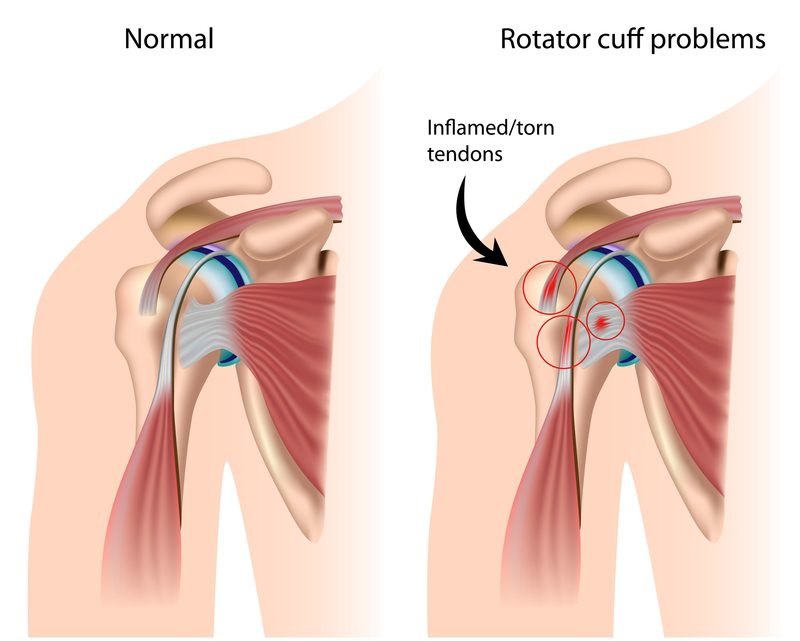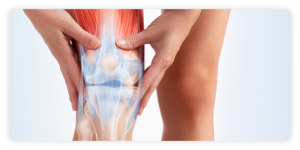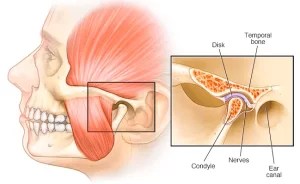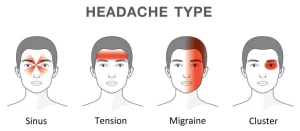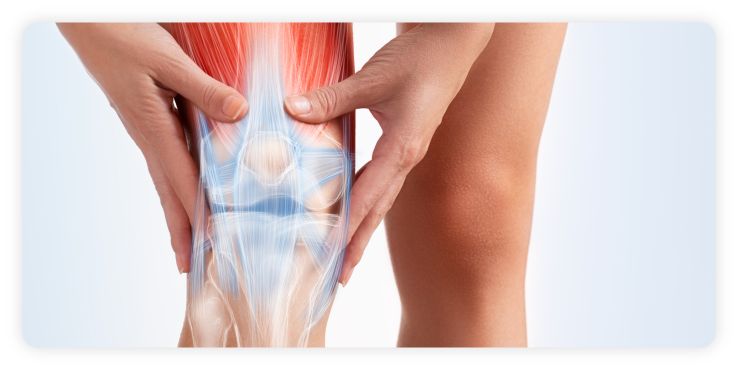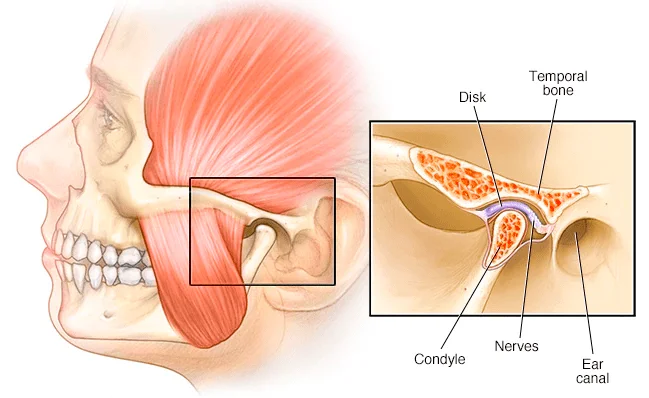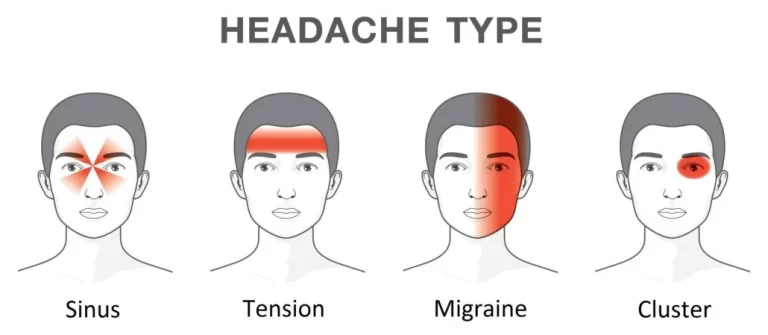The rotator cuff is a group of muscles and their tendons that hold the shoulder joint in place by attaching the shoulder blade to the humerus (upper arm bone) and covering the head of the humerus. The rotator cuff stabilises the shoulder joint and helps move the shoulder. The 4 muscles (and their tendons) that make up the rotator cuff are the supraspinatus, the infraspinatus, the subscapularis, and the teres minor. Each muscle attaches to the humerus through a tendon which is a thick band of fibrous tissue. Some of the actions of the rotator cuff are to rotate the upper arm towards the body (internal rotation), away from the body (external rotation), and to help raise the arm (abduction).
What are Rotator Cuff Injuries?
A rotator cuff injury can cause a dull ache in the shoulder which often worsens with the use of the arm away from the body. These injuries also commonly increase with age and may occur earlier in people who have jobs that require repeatedly performing overhead motions such as painters and carpenters. Sometimes, rotator cuff tears may also occur as a result of a single injury. In many cases, physiotherapy in Singapore may help manage symptoms and support recovery through targeted strengthening and mobility exercises.
Types of Rotator Cuff Injuries
Rotator cuff injuries can range from mild to severe. They tend to fall into 3 categories:
– Tendonitis is an injury caused by overuse of the rotator cuff. This causes it to become inflamed. Tennis players who use an overhead serve and painters who have to reach upward to do their jobs commonly experience this injury.
– Bursitis is another common rotator cuff injury. It is caused by inflammation of the bursa. These are fluid-filled sacs that sit between the rotator cuff tendons and the underlying bone.
– Rotator cuff strains or tears are caused by overuse or acute injury. The tendons that connect muscles to bones can overstretch or tear partially or completely. The rotator cuff can also strain or tear after a fall, a car accident, or another sudden injury. These injuries typically cause intense and immediate pain.
Not all rotator cuff injuries cause pain. Some are the result of degenerative conditions, meaning the rotator cuff could be damaged for months or years before symptoms start to appear.
Symptoms of Rotator Cuff Injuries
Common rotator cuff injury symptoms include difficulty achieving full range of shoulder motion, difficulty sleeping on the affected shoulder, trouble reaching the back, and avoiding certain activities because they cause pain. Pain in the shoulder can also be felt especially at night or when reaching overhead. This results in progressive weakness of the shoulder. However, it is important to note that not all rotator cuff injuries cause pain. Some are the result of degenerative conditions whereby the rotator cuff could be damaged for months or years before symptoms start to appear.
Rotator Cuff Injuries Treatment
Once a rotator cuff tear has been diagnosed, physical therapy can help restore range of motion, muscle strength, and coordination. Early treatment can help you speed the healing process and avoid permanent damage.
If a rotator cuff tear is suspected following a trauma, seek the attention of a physical therapist to rule out the possibility of serious life-threatening conditions. Once the serious injury is ruled out, a physical therapist will help manage pain and provide the best course of treatment through manual therapy, exercises, stretches, functional training, and lifestyle recommendation. Your therapist can also help manage the symptoms of chronic rotator cuff tears as well as improve how the shoulder works. For large rotator cuff tears that cannot be fully repaired, physical therapists can teach special strategies to improve shoulder movement. However, if physical therapy alone does not improve the function, surgery may be recommended. If in doubt, please seek professional advice.
Physiotherapy for Rotator Cuff Injuries
Rotator cuff issues may lead to limited shoulder movement and ongoing discomfort if not properly addressed. Learn more about how our physio clinic in Singapore may assist with rehabilitation through structured exercises and movement strategies tailored to shoulder function.
Check out our popular articles: Diastasis Recti, Tight Back Muscles, Irritable Bowel Syndrome (IBS), Temporomandibular Joint (TMJ) Dysfunction, Tennis Elbow, Wrist Tendon Injury, Sciatica, Whiplash, Hernia, Herniated Disc (Slipped Disc).
